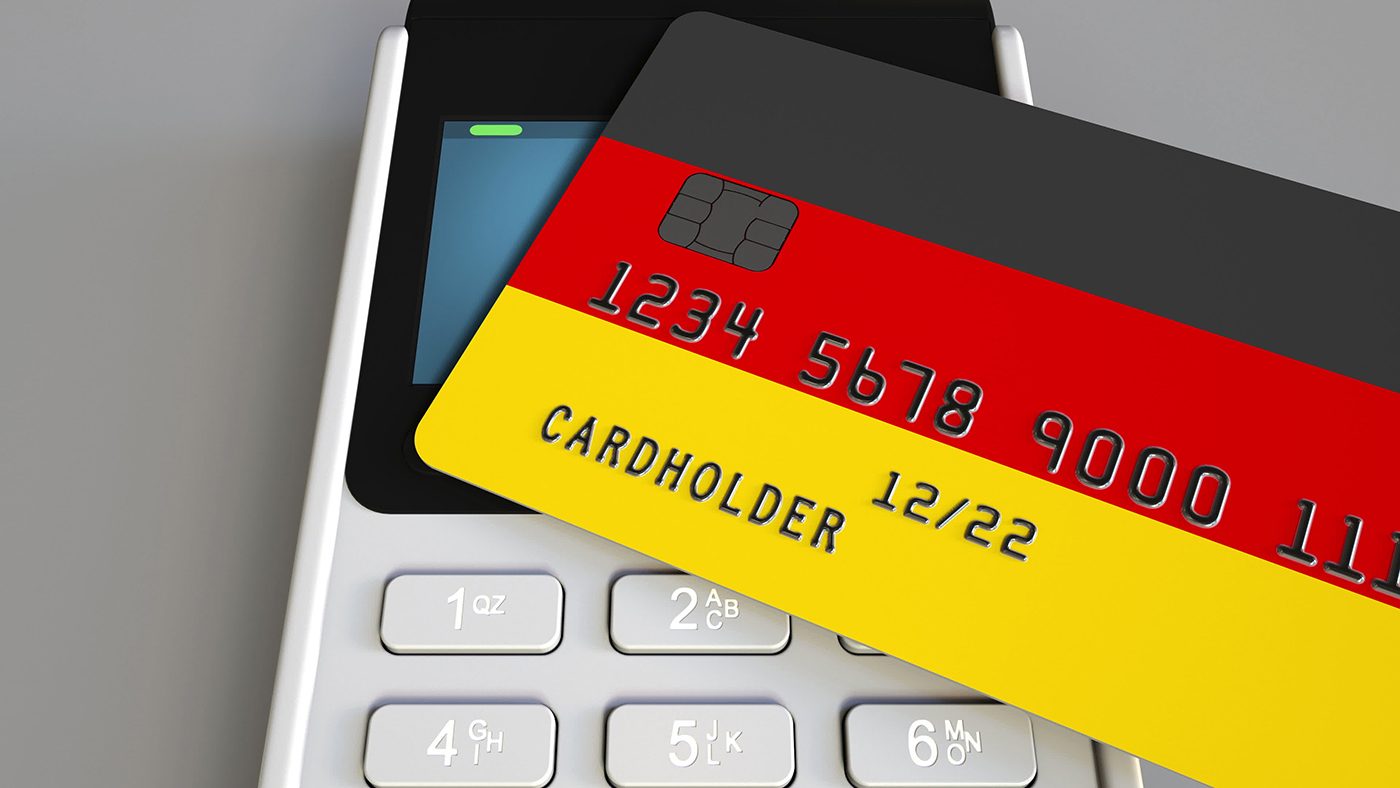SUMMARY
This is AI generated summarization, which may have errors. For context, always refer to the full article.

Card payments will surpass cash transactions for the first time in Germany in 2020 as the pandemic changes shoppers’ behavior, a study said on Thursday, September 17.
“As a response to the COVID-19 pandemic, German consumers showed an abrupt shift in payment behaviors, increasingly using card payments over physical cash for hygiene reasons,” said Ratna Sita, a researcher at Euromonitor International.
In a country where cash is king, Germans have stubbornly kept up a tradition of using cash, even as consumers in other countries switched to the ease and speed of cashless payments in recent years.
But with the spread of COVID-19 came the desire to avoid touching notes and coins.
The German government further sped up the shift by doubling the transaction limit on contactless payments to 50 euros ($59).
Card payments will “exceed cash payments in Germany for the first time in history” in 2020, the Euromonitor study said.
The study also found that younger citizens especially are more trusting of technological advances like paying by smartphone, and less worried about privacy than previous generations.
Cashless payments in Germany are expected to account for around 55% of transactions in 2020, while the value of card payment transactions to surge by 28% from 2019 to 2025, the study said. Cash transactions are projected to drop by 34% over the period.
Cashing in with card
A barista at the trendy Bruehmarkt cafe in Frankfurt’s business district said about 25% of the coffee shop’s income was now by card, compared with just 10% before the pandemic.
There was already a trend in the last few years of fewer and fewer people paying by cash, he said, but the upsurge came after the cafe adapted to remove a minimum card limit at the start of the pandemic to allow customers to pay any way they wanted.
Maxim Hofer, one of the study’s authors, said the trend is here to stay after the pandemic “accelerated” the shift to cashless payment.
“There isn’t any sign for a rebound for cash after the pandemic, because there are so many advantages for card payment, and because the infrastructure is now there,” he added.
Cashless transactions rose 48% in May 2020 compared with the same month the previous year, according to the National Association of German Cooperative Banks.
However, it is not unusual to find small retailers that don’t take cards in Germany.
Credit cards are still not widely used, with debit cards making up three-quarters of all card payments in 2019, according to Germany’s central bank. Discount supermarket chains Aldi and Lidl only allowed credit cards to be used in 2015.
The culture of using cash is often cited as part of Germans’ traditional fear of debt and fiercely guarded privacy – a hangover from the country’s dark history of mass surveillance under both the Nazis and the East German Stasis. – Rappler.com
Add a comment
How does this make you feel?


![[Time Trowel] Evolution and the sneakiness of COVID](https://www.rappler.com/tachyon/2024/02/tl-evolution-covid.jpg?resize=257%2C257&crop=455px%2C0px%2C1080px%2C1080px)







There are no comments yet. Add your comment to start the conversation.